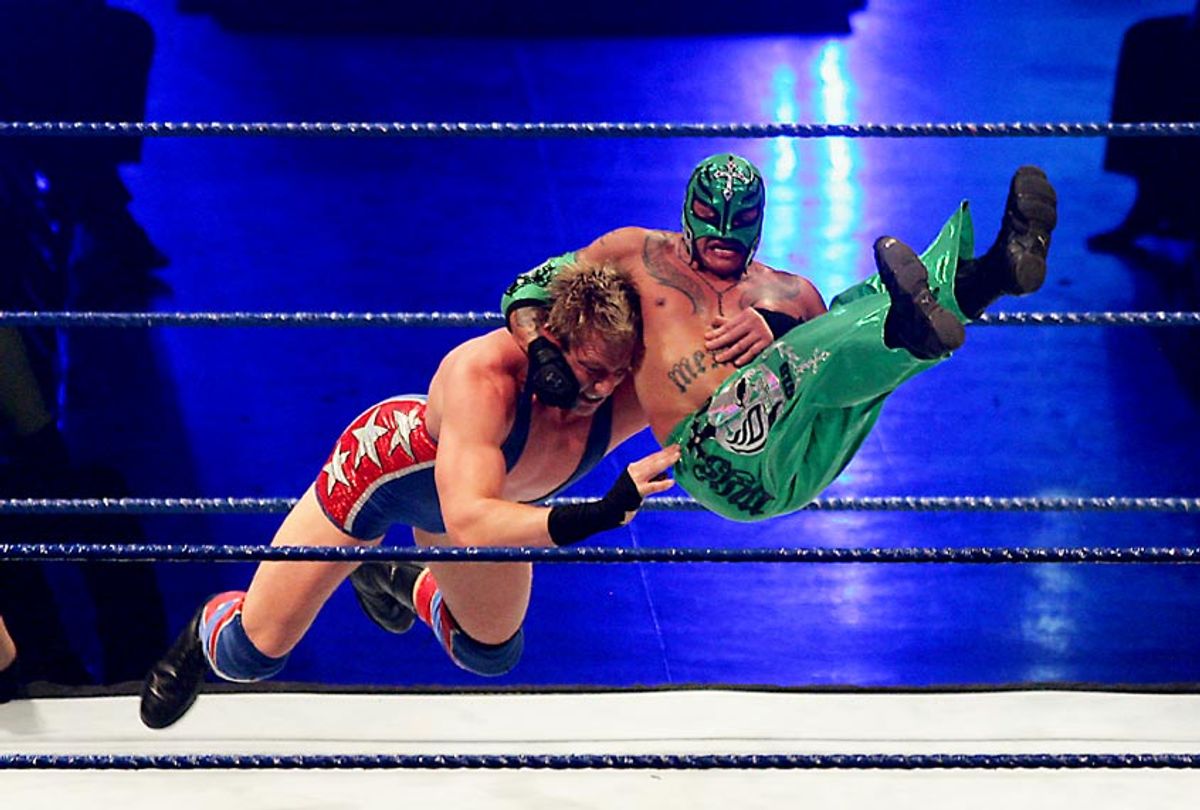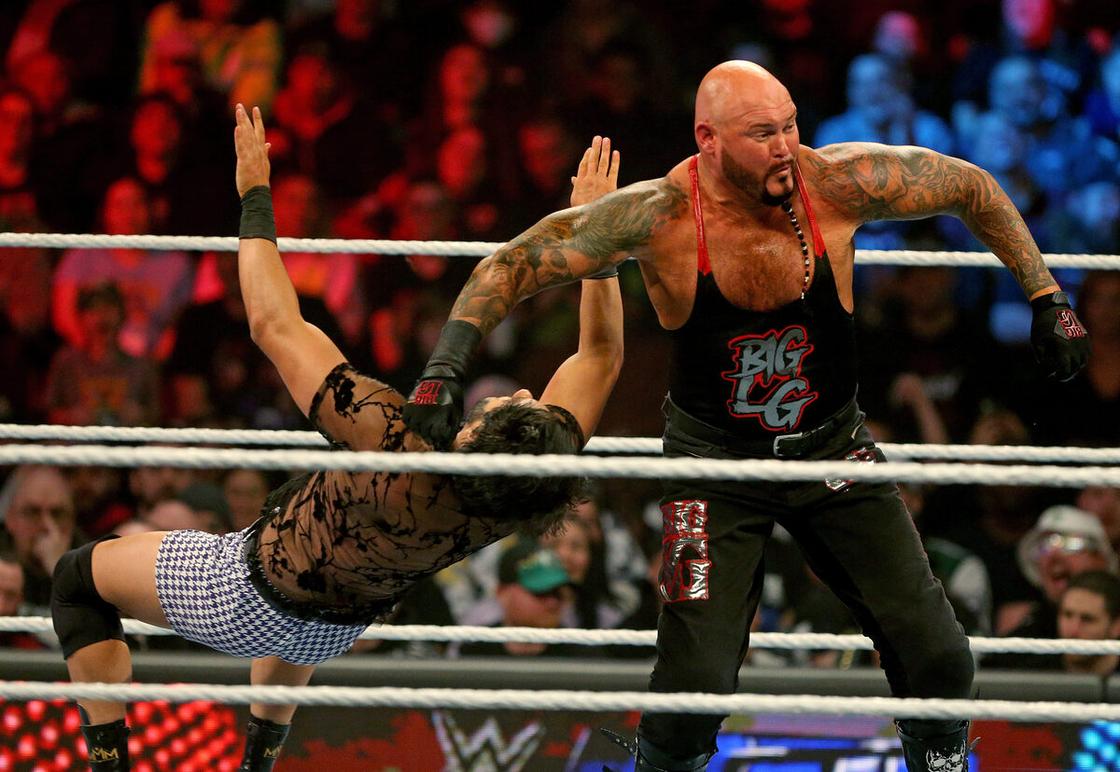Introduction
Professional wrestling has been a source of entertainment for decades, captivating audiences with its unique blend of athleticism, storytelling, and dramatic flair. The pinnacle of sports entertainment, World Wrestling Entertainment (WWE), has become a global phenomenon, boasting a massive fan base that spans across continents. However, behind the glitz, glamour, and larger-than-life personas lies a perennial debate – is WWE real or fake?
Understanding the Art of Professional Wrestling

To dissect the authenticity of WWE, one must first comprehend the nature of professional wrestling itself. Unlike traditional sports, professional wrestling is a scripted form of entertainment where the outcomes of matches are predetermined. Wrestlers engage in choreographed sequences, combining athleticism with theatrical performance to tell a compelling story in the ring.
The Role of Storytelling
At the heart of professional wrestling is storytelling. WWE, like any other form of scripted entertainment, relies on narrative arcs, character development, and plot twists to engage its audience. Wrestlers adopt unique personas, complete with backstories and rivalries that unfold over time. The scripted nature of these narratives doesn’t diminish the physicality and skill involved, but it blurs the line between reality and fiction.
Scripted Outcomes

One of the most significant aspects that contribute to the perception of WWE as “fake” is the predetermined nature of match outcomes. Unlike competitive sports, where the winner is determined by skill and strategy, in WWE, winners and losers are decided before the match even begins. Critics argue that this premeditation undermines the credibility of the competition, blurring the lines between sport and entertainment.
Physicality and Athleticism
While the outcomes may be scripted, the physicality displayed by WWE athletes is very real. Wrestlers execute intricate maneuvers, perform acrobatic stunts, and endure significant physical punishment during matches. The athleticism required to execute these moves is undeniable, and the toll on the wrestlers’ bodies is genuine. Injuries are commonplace, emphasizing the physical demands of the profession.
The Verdict: Real or Fake?

Whether or not WWE is considered “real” or “fake” is ultimately a matter of personal opinion. There is no easy answer, as there are valid arguments to be made on both sides. WWE exists in its own unique space, blending elements of sport, theater, and soap opera. It is a form of entertainment that millions of people around the world enjoy, regardless of whether they consider it to be a legitimate sport.
Behind the Curtain: Backstage Realities
To better understand the “real” aspects of WWE, one must peek behind the curtain. Behind the scenes, WWE is a complex organization with dedicated athletes, rigorous training regimens, and a commitment to the craft. Wrestlers spend years honing their skills, training rigorously, and enduring the challenges that come with a career in professional wrestling.
The Suspension of Disbelief

Central to enjoying WWE is the viewer’s willingness to suspend disbelief. Fans willingly immerse themselves in the spectacle, embracing the scripted drama, and accepting the predetermined outcomes. The emotional investment fans have in their favorite wrestlers and storylines is authentic, even if the events themselves are scripted.
Legal and Ethical Considerations
The scripted nature of WWE does not absolve it from adhering to legal and ethical standards. Wrestlers are skilled performers who undergo intense training, but injuries can and do occur. The responsibility falls on WWE to ensure the safety and well-being of its performers, which has led to advancements in medical protocols and an increased focus on athlete welfare.
Conclusion
In the grand tapestry of entertainment, WWE occupies a unique space, combining athleticism, storytelling, and theatricality. While the outcomes may be predetermined and the storylines scripted, the physicality, dedication, and passion of the performers are undeniably real. The debate over whether WWE is real or fake may persist, but one cannot deny the lasting impact it has had on popular culture and its ability to captivate audiences worldwide. Whether viewed as a sport or a form of entertainment, WWE continues to thrive, proving that its appeal transcends the boundaries of reality and fiction.



